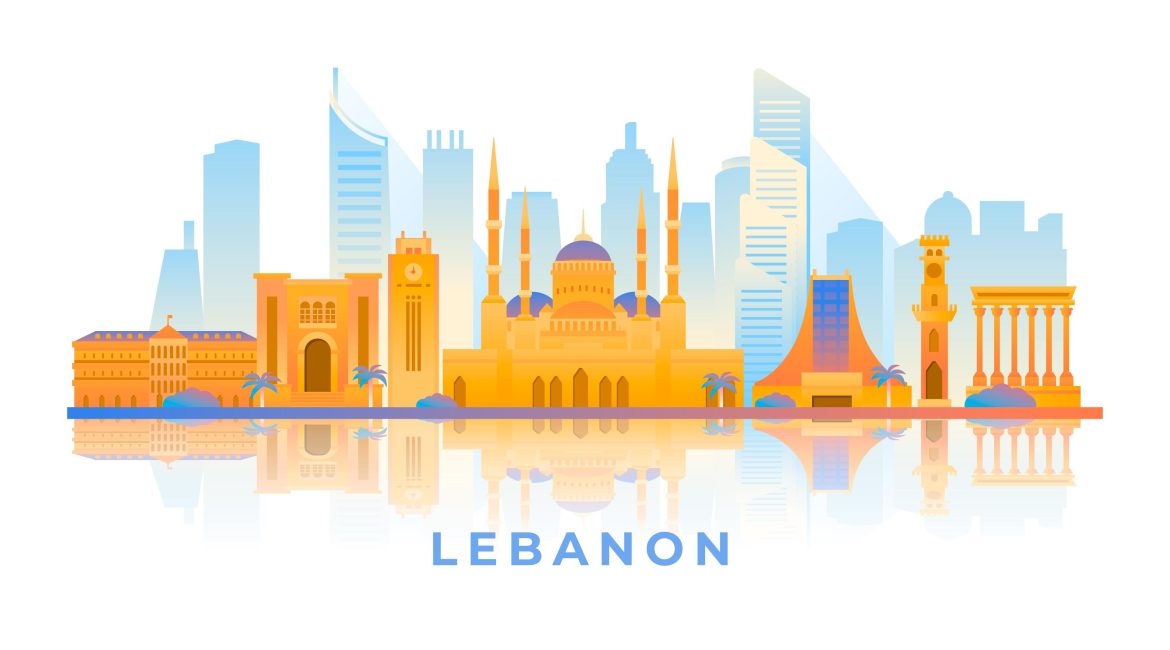The recent political transformations in the Middle East represent unprecedented turning points, and some consider them a "fundamental phase" for the coming era, similar to what occurred during previous major events in the twentieth century, such as the Balfour Declaration, the Sykes-Picot Agreement, the 1948 Naqba, the 1967 War, and other significant historical events that left their impact on the region for decades to come.
Lebanon, for its part, is undergoing profound transformations due to the shifting balance of power following the Israeli war against it, which ended with a ceasefire in November 2024. However, violations continue each day across various Lebanese regions. Israel still occupies five strategic points from which it refuses to withdraw, pretending the need to complete the implementation of the understandings stipulated in the ceasefire.
It is clear that international support for Lebanon is suspended pending progress on two issues: reforms and the extension of state authority over whole territory, including, the seizure of Hezbollah's weapons. Any political effort to attract support will be ineffective before tangible results are achieved on these two issues.
While the new era, led by Lebanese President Joseph Aoun, and the new government headed by Judge Nawaf Salam, are exploring the optimal path to achieving effective practical steps in these two areas, there are positive signs that can be recorded in the reform file, which has always been one of the most difficult and complex issues for decades, given its intertwining with a network of political, sectarian, and self-interested interests. This has, in practice, led to the entrenchment and spread of corruption at the political, economic, and administrative levels.
Lebanon can no longer be governed following the old ways. The moment of truth has arrived, and everyone is taking new paths of reform that will enable the construction of a new Lebanese reality whose main focus is stability, that will attract investment and employment that has been withdrawn due to its troubled political, economic, and financial situation.
However, the more delicate issue is the extension of state authority over all the territory. While it is well known that this imperative is axiomatic for the functions of a sovereign state anywhere in the world, it is not so simple in Lebanon, especially since the demand to surrender Hezbollah's weapons comes in the wake of a devastating war that decimated the party and its military and human capabilities, culminating in the assassination of its Secretary-General, Hassan Nasrallah, and then his successor, Hashem Safieddine.
While some believe that the recent war has undermined the concept of “balance of deterrence” that the party has for longtime claimed, this does not contradict the fact that Lebanon’s ability to confront ongoing Israeli threats and violations through diplomacy alone is not sufficient, as evidenced by its inability to compel Israel to withdraw from the five occupied points.
Lebanon's options do not seem abundant, but the most important thing remains preserving internal unity. The repercussions of its collapse are more painful than external wars, despite their ferocity, and their negative consequences cannot be erased for many years to come.
Excessive power has had its impact on all Lebanese factions, and the result has been the recognition, albeit at a heavy cost, that it is not sufficient to change internal equations. Ultimately, understanding among the Lebanese is inevitable, even if it is externally induced, to break the deadlock. It is imperative to learn the lessons from what has happened and is happening, otherwise Lebanon will spiral once again into a destructive cycle of evil.

